Envoy: Iran sent over 30 humanitarian aid shipments to Afghanistan
Iran's permanent ambassador to the United Nations (UN) says the international community should help Afghans overcome challenges and look toward a bright future, noting that the Islamic Republic continues its humanitarian aid to the Asian nation.
Majid Takht-Ravanchi made the remarks during a virtual UN donor conference co-hosted by Britain, Germany, and Qatar on Thursday.
“The humanitarian situation in Afghanistan continues to deteriorate, and the country is currently facing great challenges, opportunities, fears and hopes. The international community is expected in the current difficult situation to contribute to helping Afghan people overcome challenges, seize opportunities, dispel fears and boost hopes for a brighter future,” the Iranian envoy highlighted.
Takht-Ravanchi added, “The Islamic Republic of Iran, as a neighboring country, stands by the people of Afghanistan and has used its capacities and facilities to overcome the challenges it has faced over the last four decades.”
“Iran has hosted millions of refugees, who have unfortunately received the least international aid in the last 40 years. Iran has dispatched more than 30 shipments of humanitarian aid to Afghan people in recent months. This is just one example of the assistance that Iran has provided to the people of Afghanistan,” the senior Iranian diplomat pointed out.
“The financial support of the international community is vital to help Afghanistan surmount the current difficult situation,” Takht-Ravanchi said.
He also denounced as illegal the seizure of Afghanistan's frozen assets, demanding their immediate and unconditional release.
“Hopes for future must be guaranteed among the people of Afghanistan, especially among the younger generation who will lead the country in the future. This will not be possible unless an inclusive government is formed and sufficient attention is paid to the political and social fabrics of Afghanistan, which can involve people from all walks of life, including various ethnicities, men, women and youth,” Takht-Ravanchi said.
Afghanistan has been in turmoil since the Taliban, who had previously ruled Afghanistan from 1996 to 2001, took power again on August 15 last year and subsequently announced the formation of a caretaker government.
The group’s resurgence came amid hasty and chaotic departure of American forces from the country.
The United States and its allies then largely suspended their financial assistance to Afghanistan, adding fuel to a refugee crisis that has dramatically affected Afghanistan’s neighbors.
The administration of US President Joe Biden has frozen nearly $9.5 billion in assets belonging to the Afghan central bank since the withdrawal of its occupation forces.
The International Monetary Fund (IMF) and the World Bank have also suspended activities in Afghanistan, withholding aid as well as $340 million in new reserves issued by the IMF.
US fighter aircraft shot down ‘in friendly fire’ amid aggression on Yemen
Yemeni FM: Israel’s sponsors accountable for ongoing aggression on Sana’a
Eight Palestinians killed as Israel attacks Gaza school, hospitals
VIDEO | Rome, Milan host new protests in solidarity with Palestinians
Dec. 21: ‘Axis of Resistance’ operations against Israeli occupation
Spain jurists demand ties with Israel ties be cut
VIDEO | Press TV's news headlines
VIDEO | Iran honors top Science Olympiad medalists


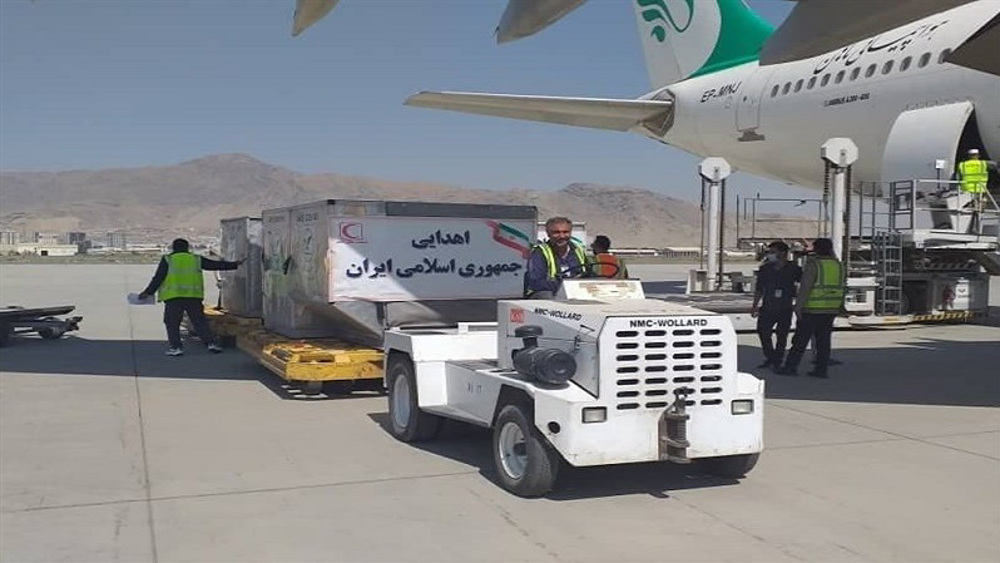
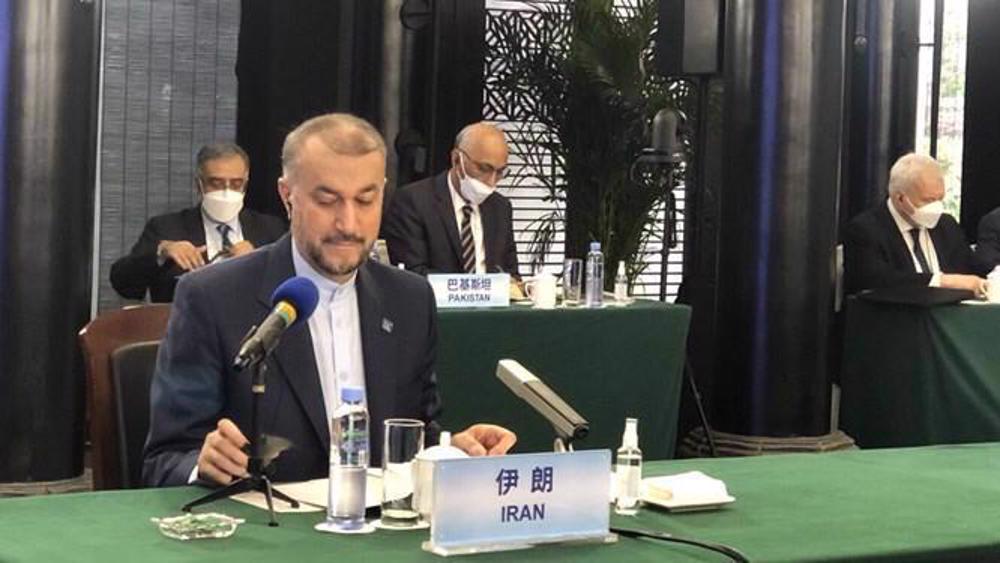
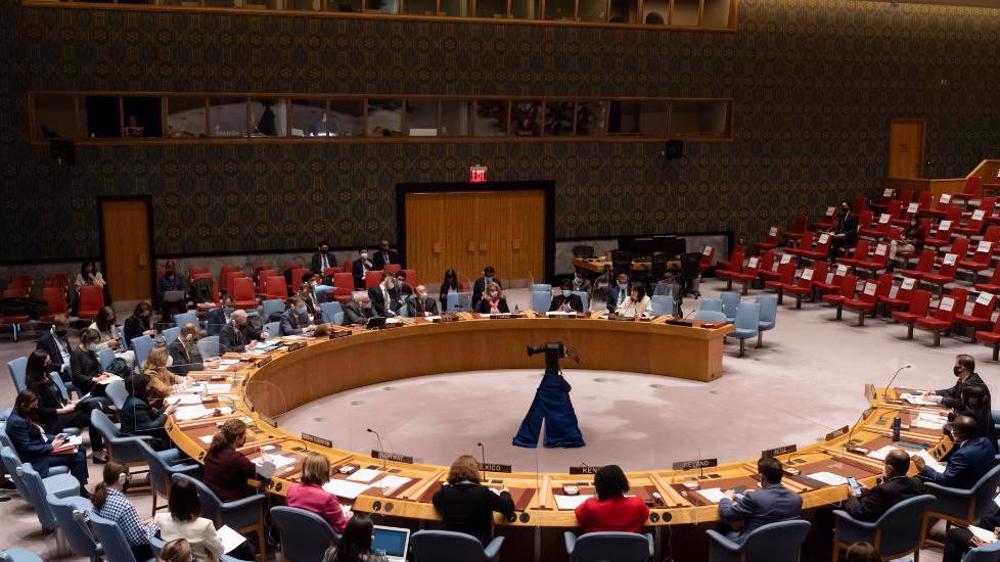
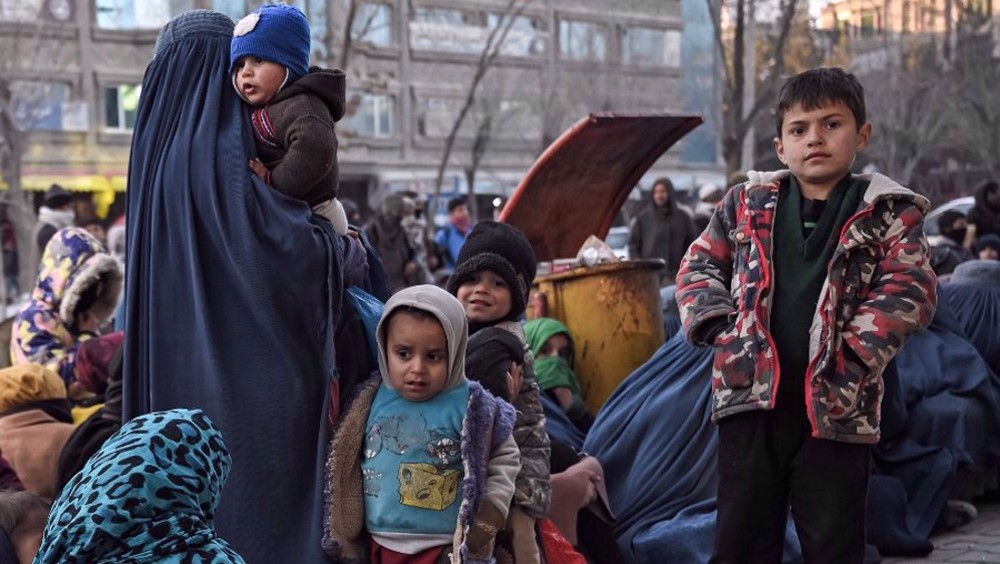






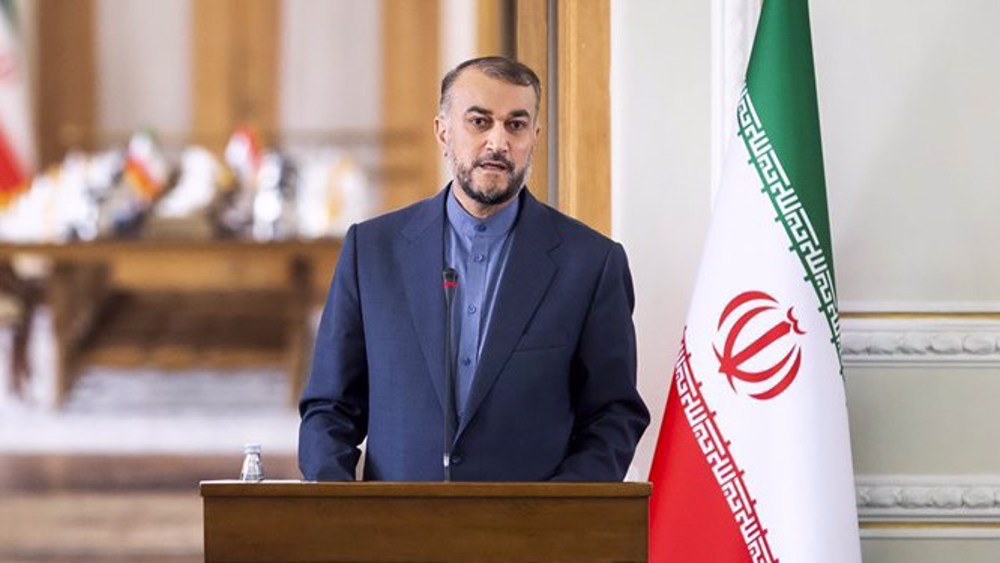
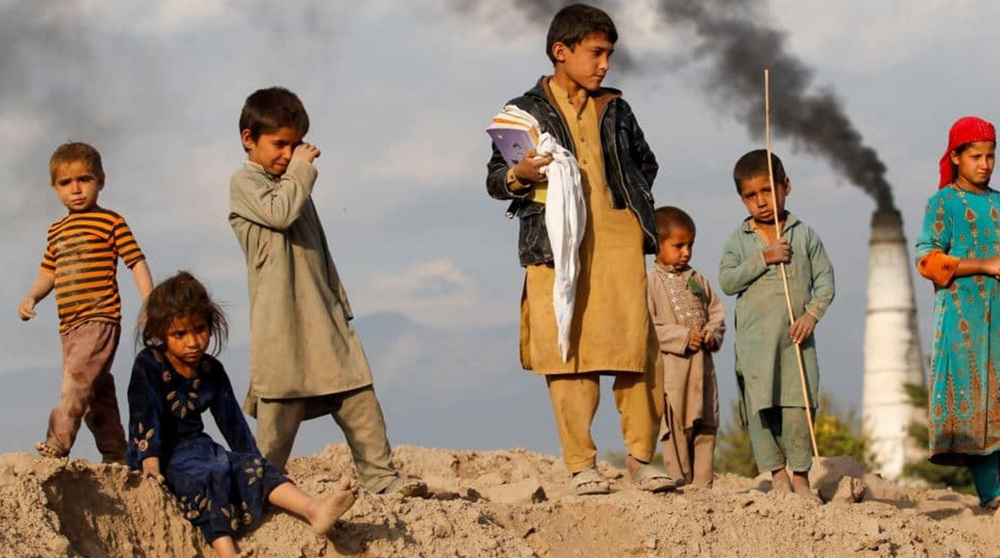
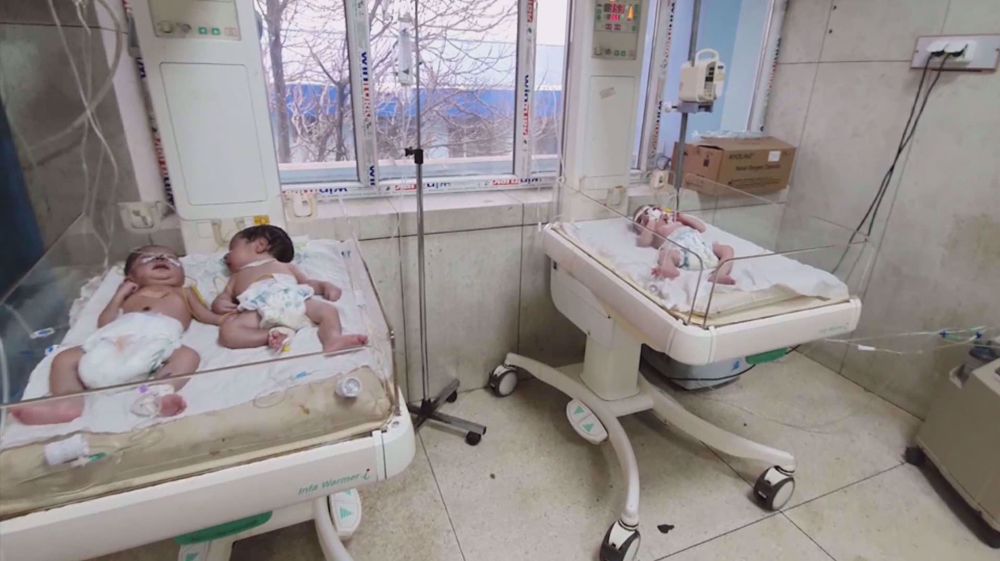
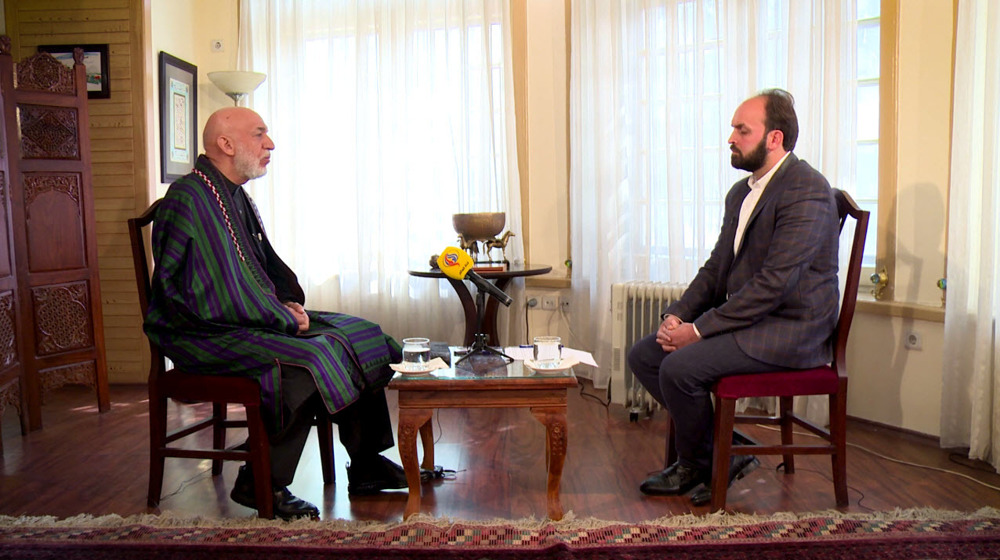
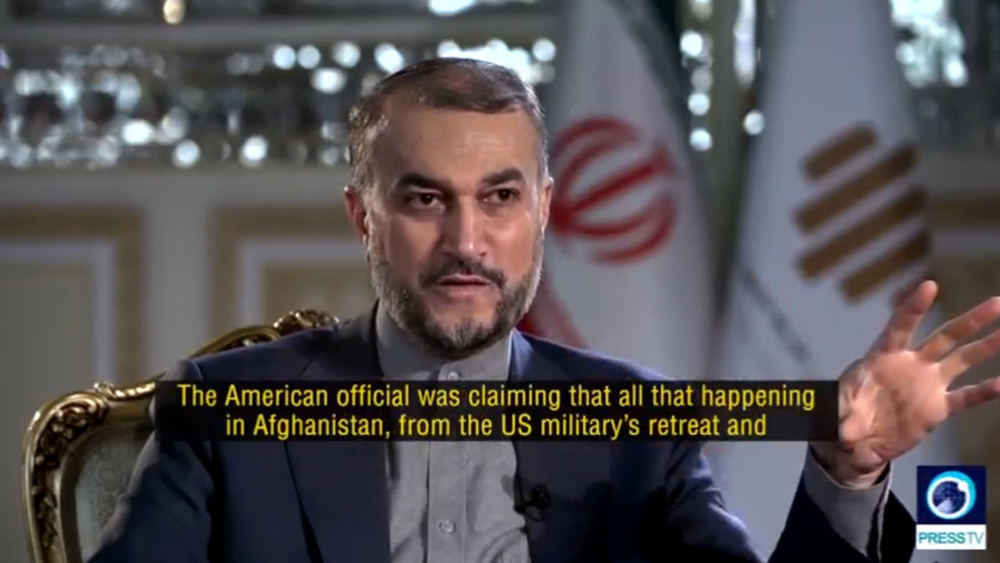
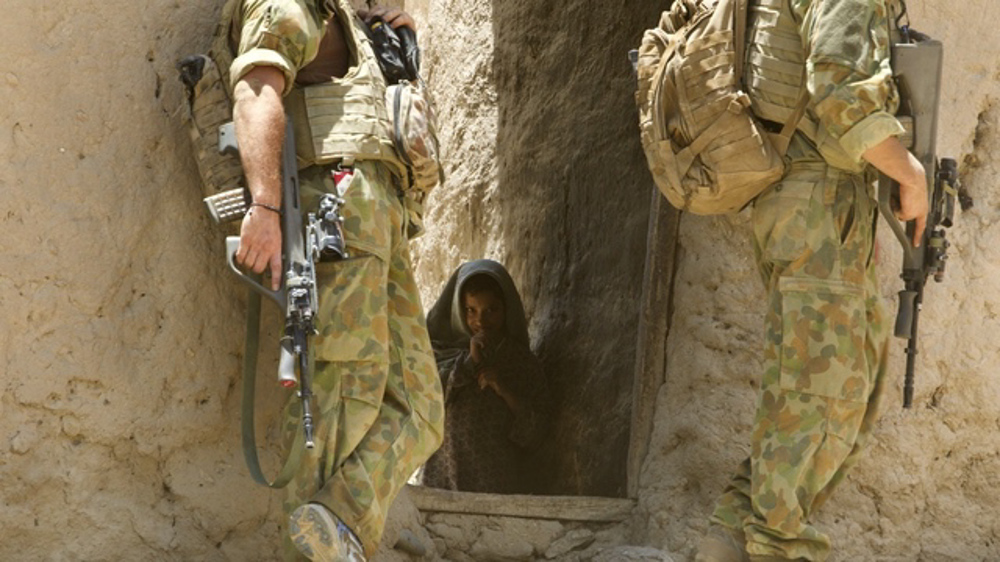
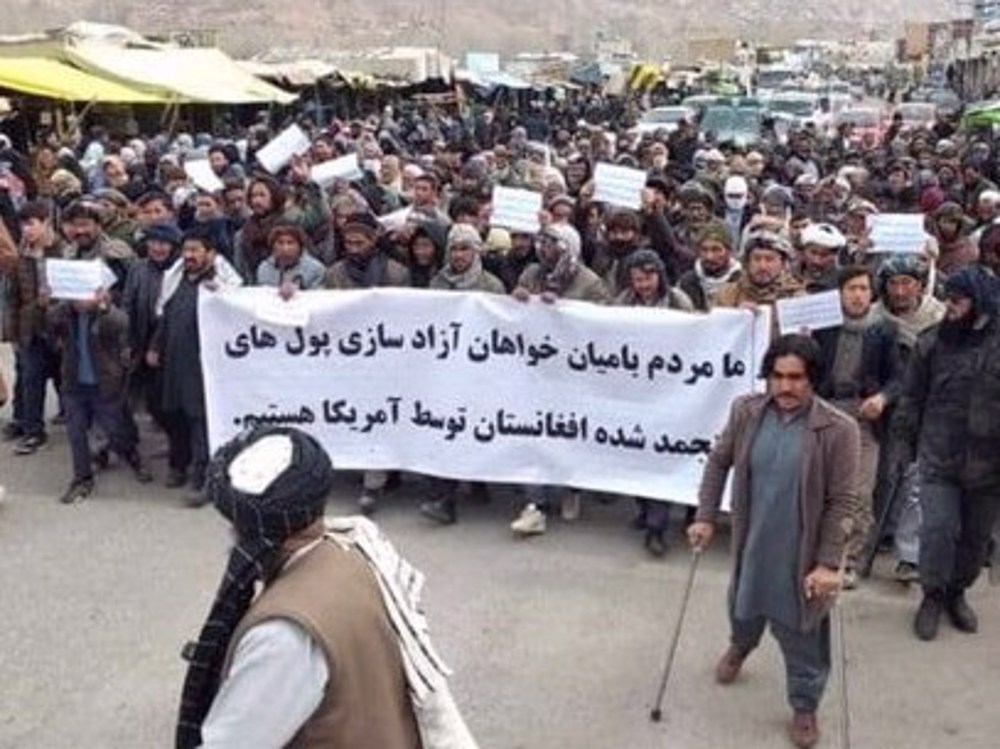
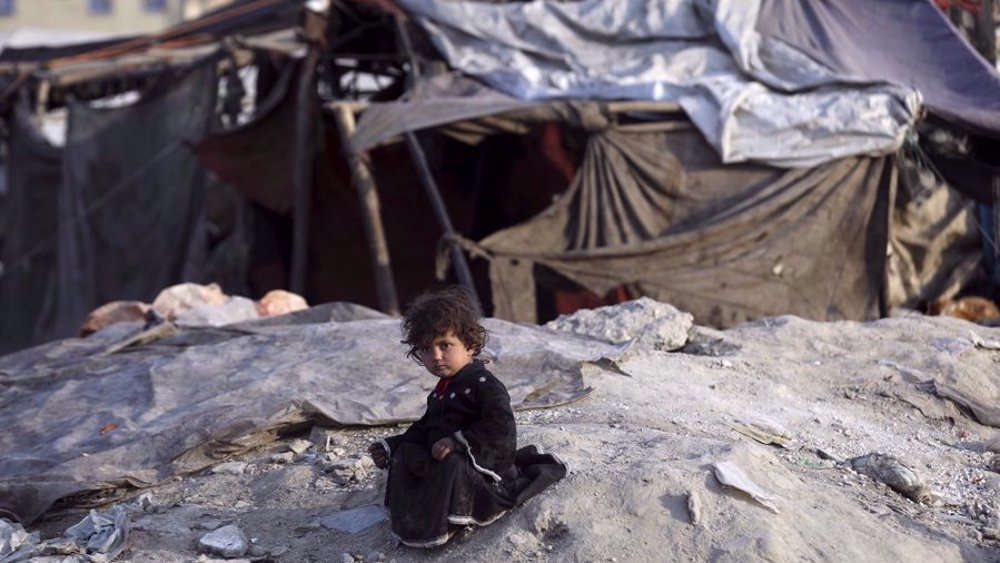

 This makes it easy to access the Press TV website
This makes it easy to access the Press TV website